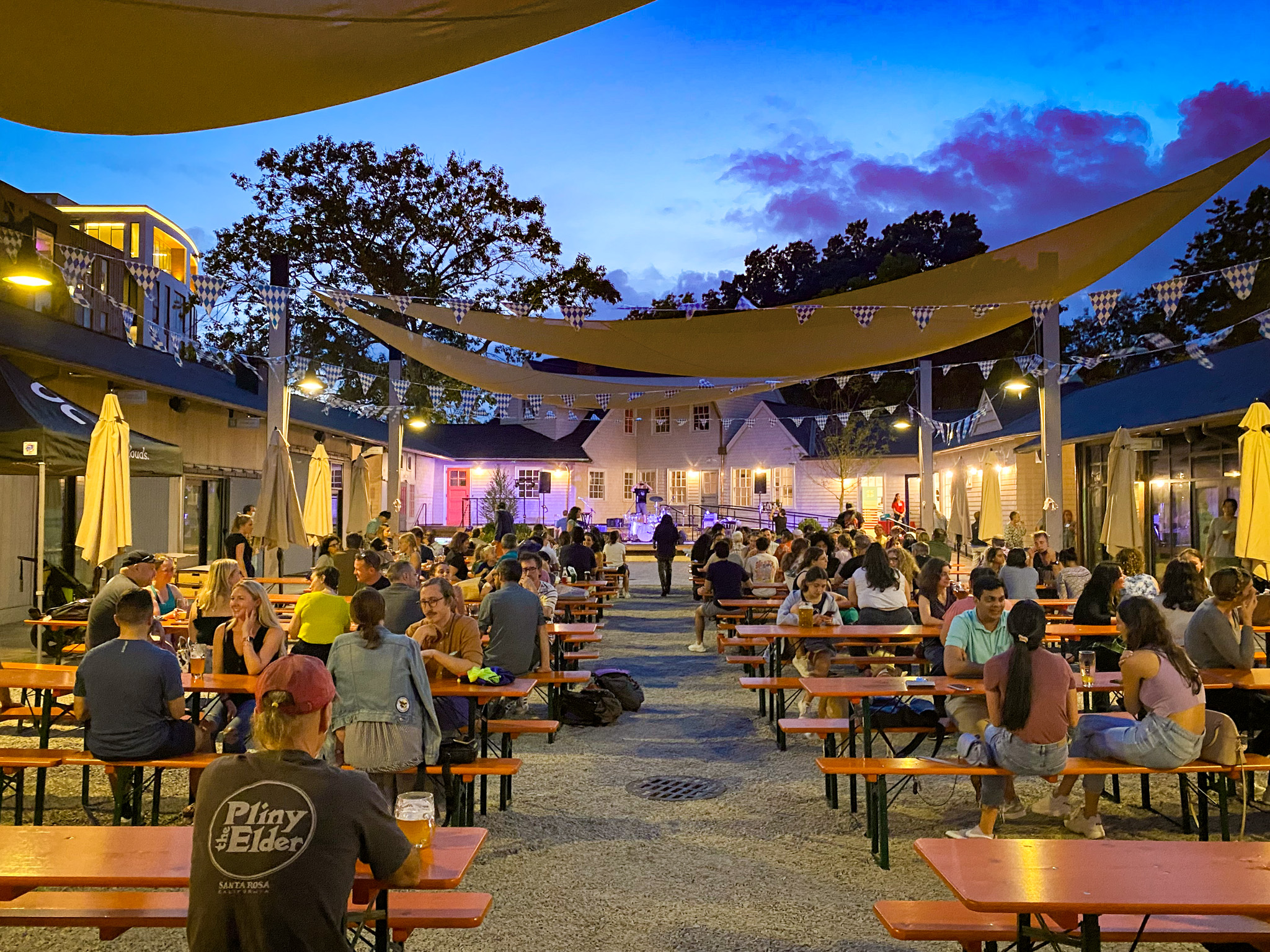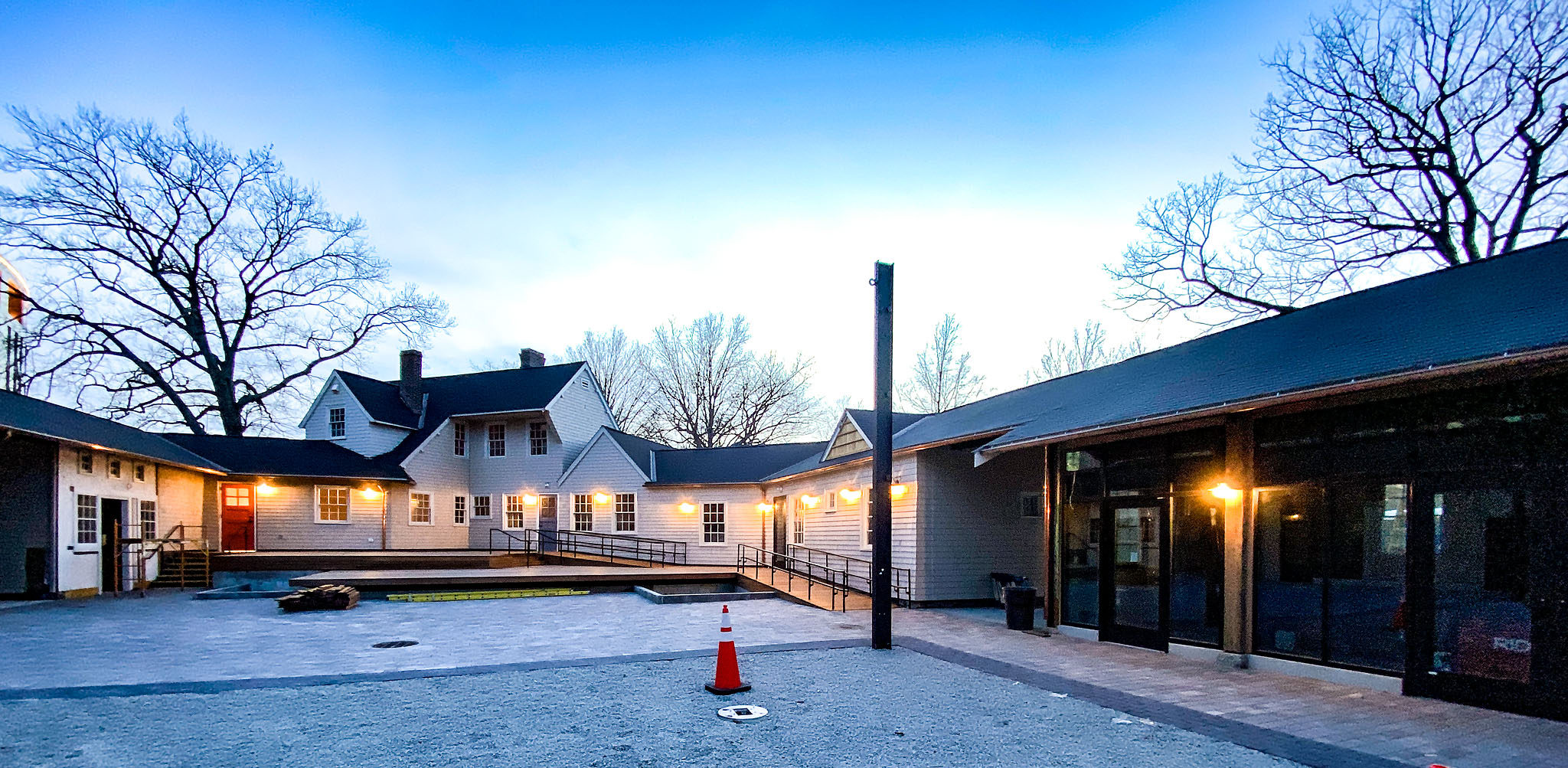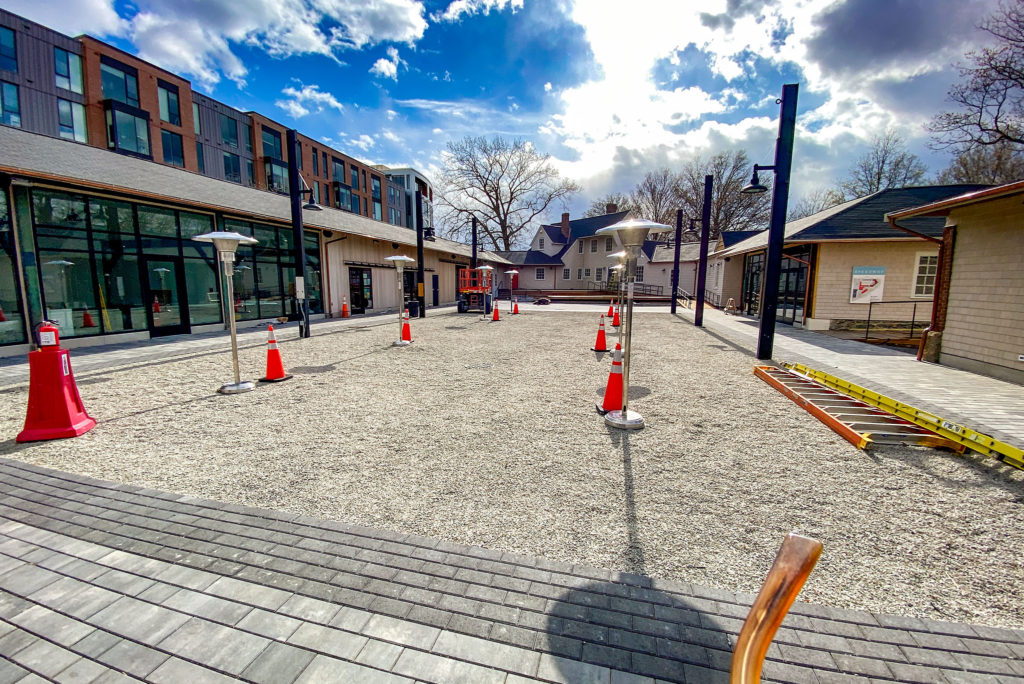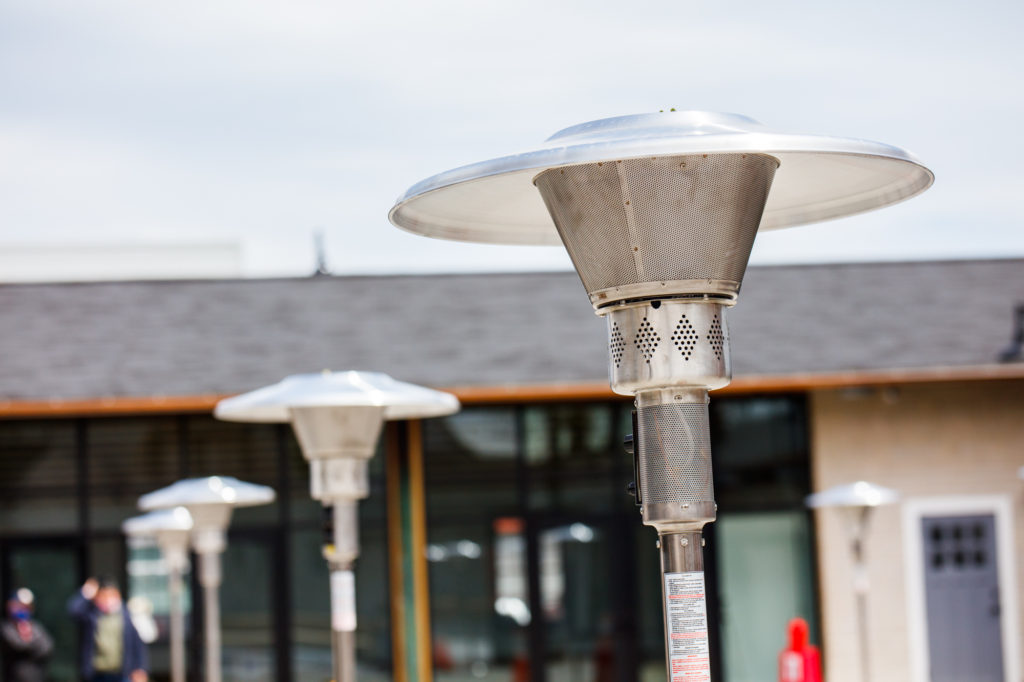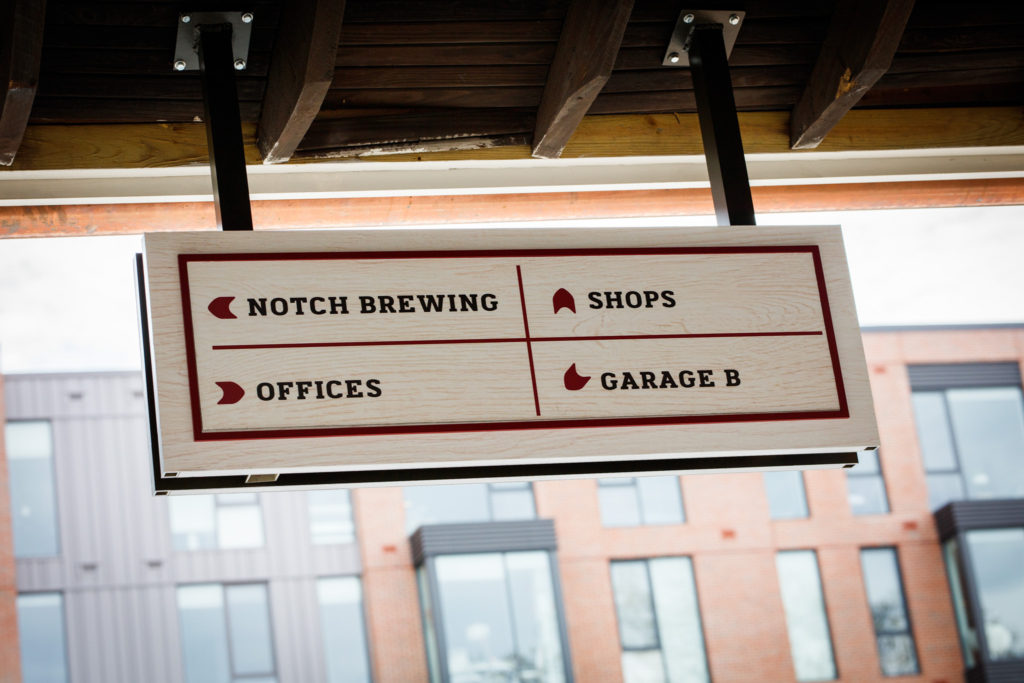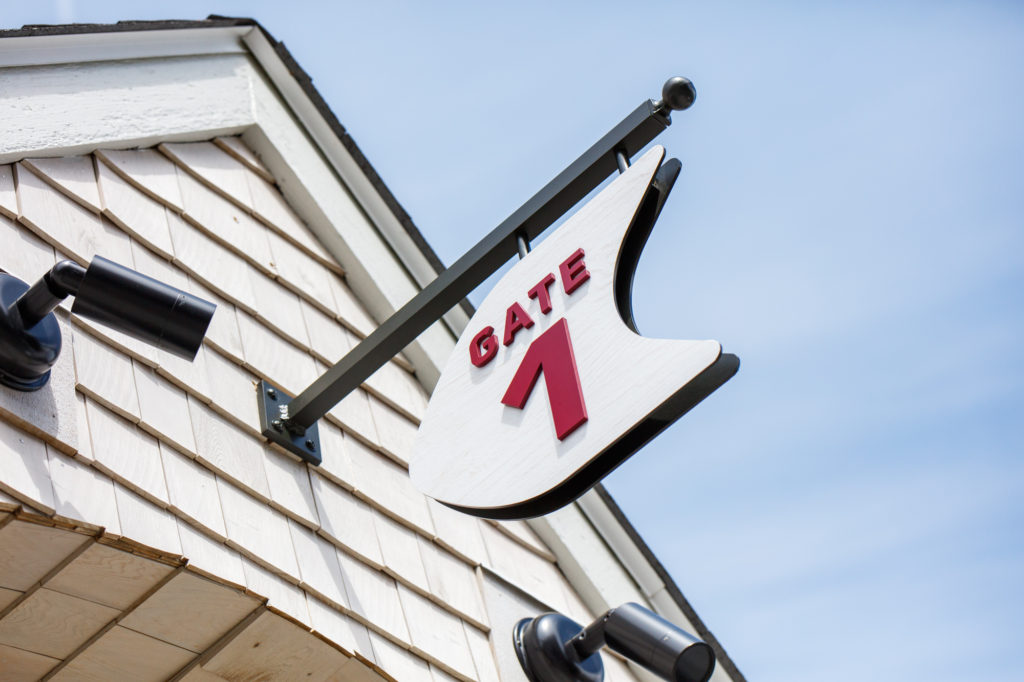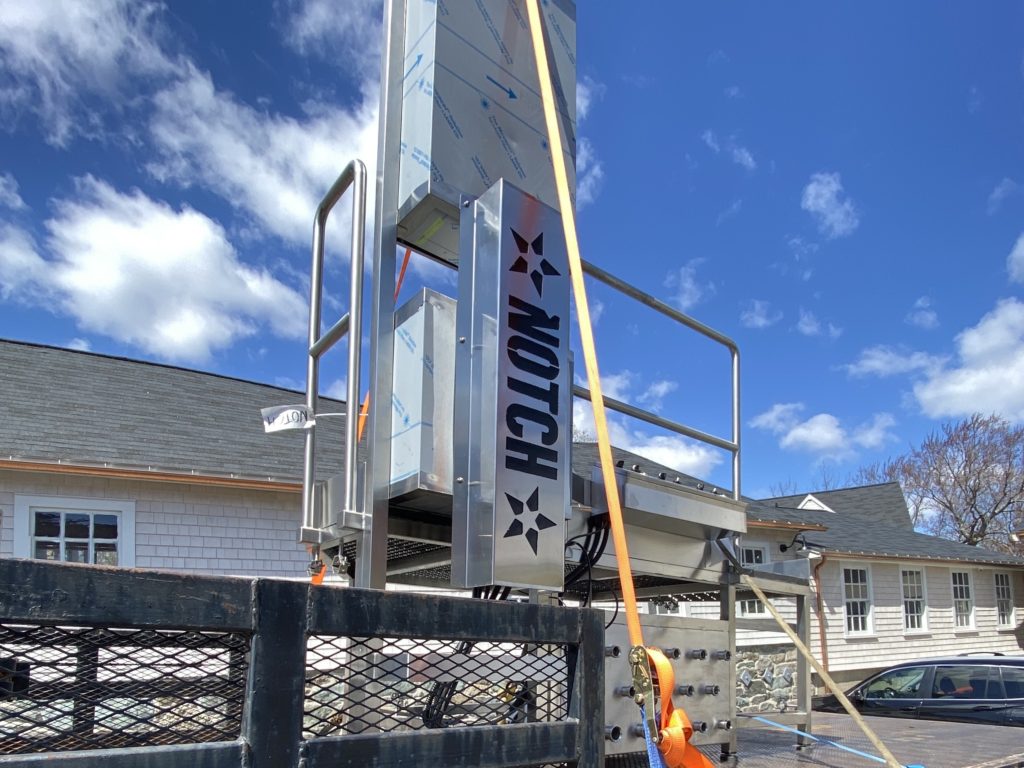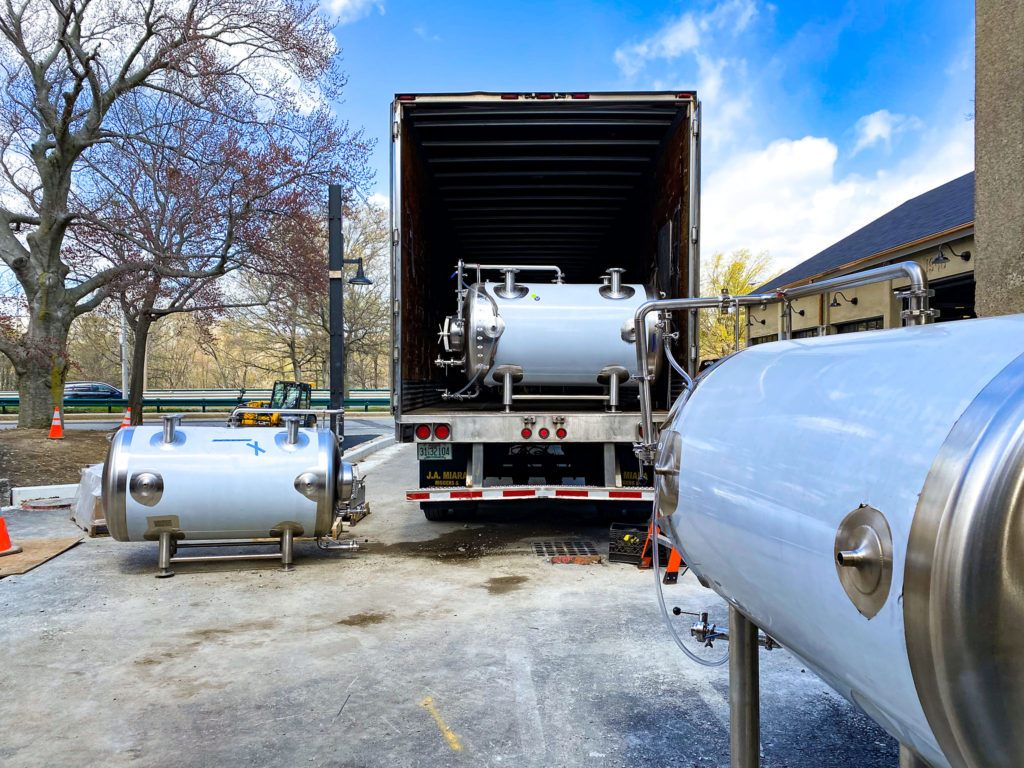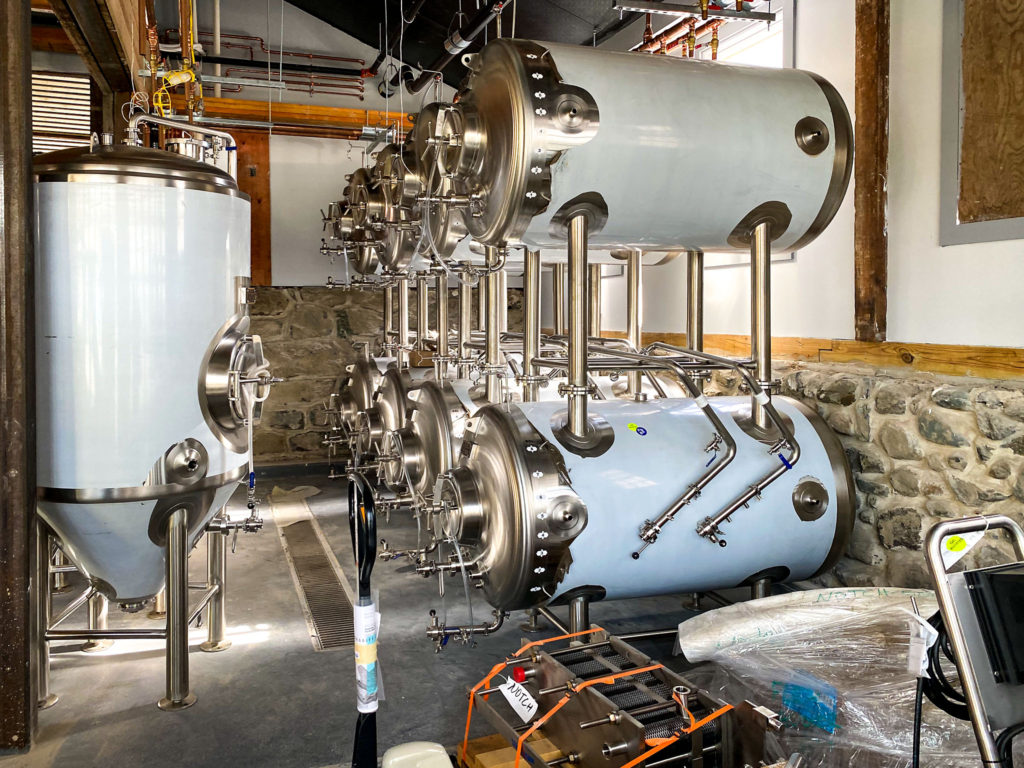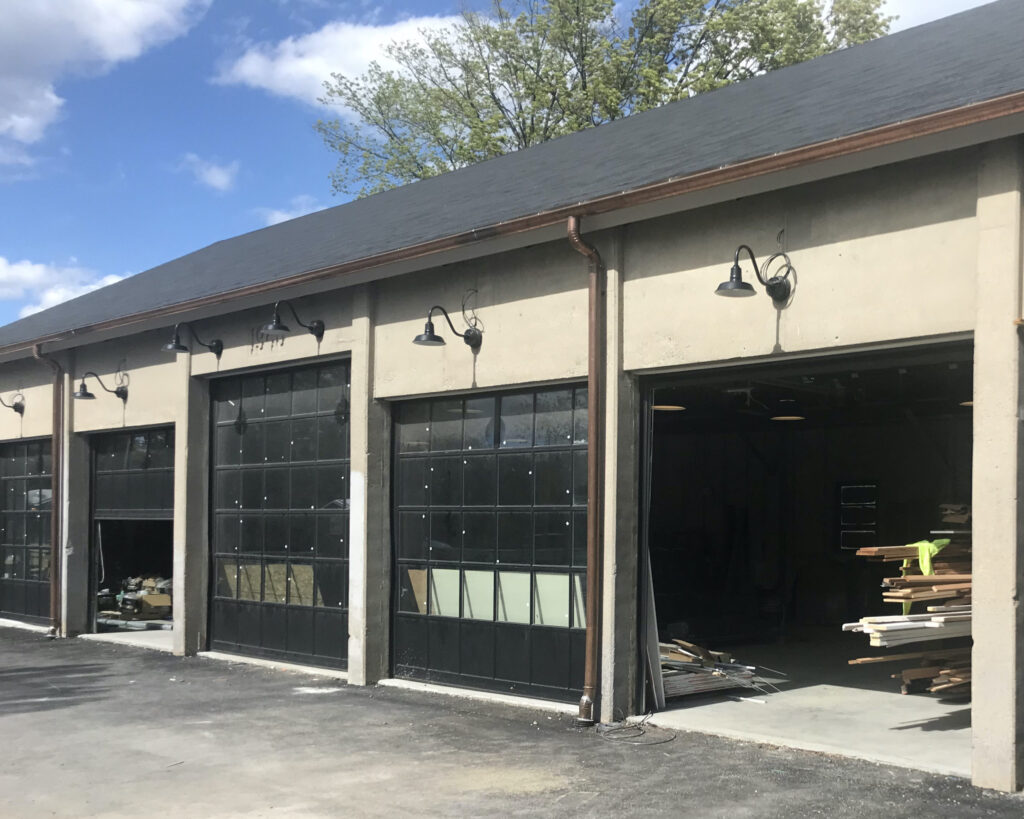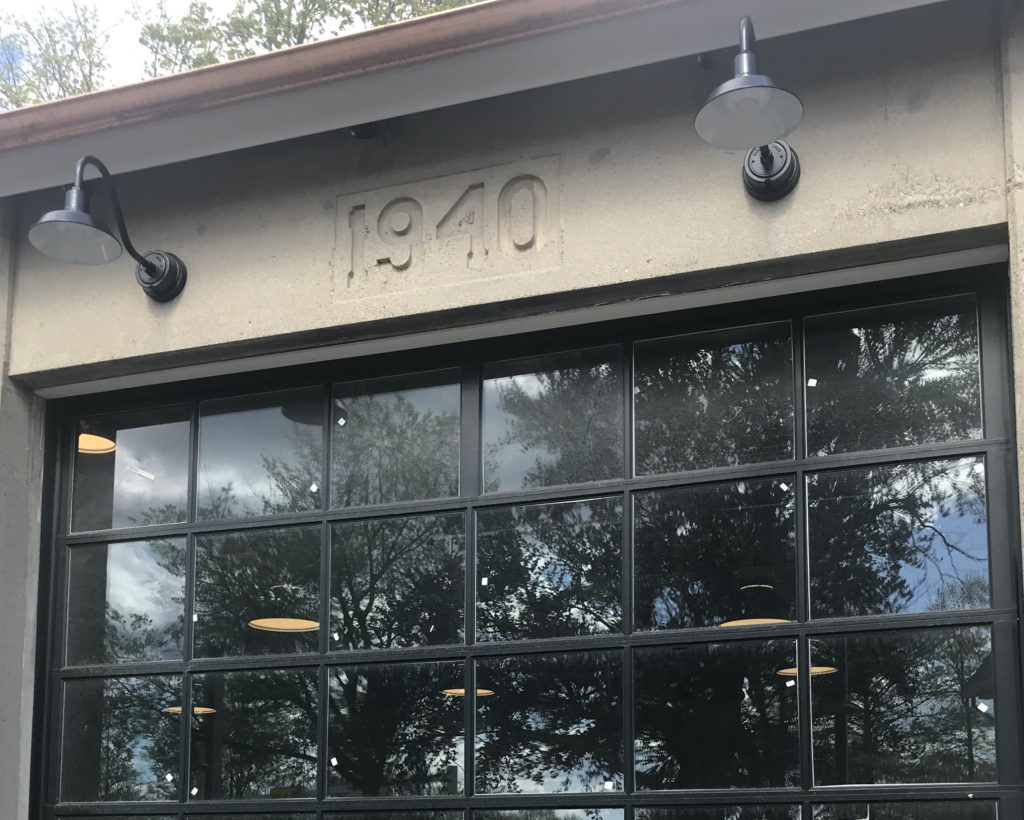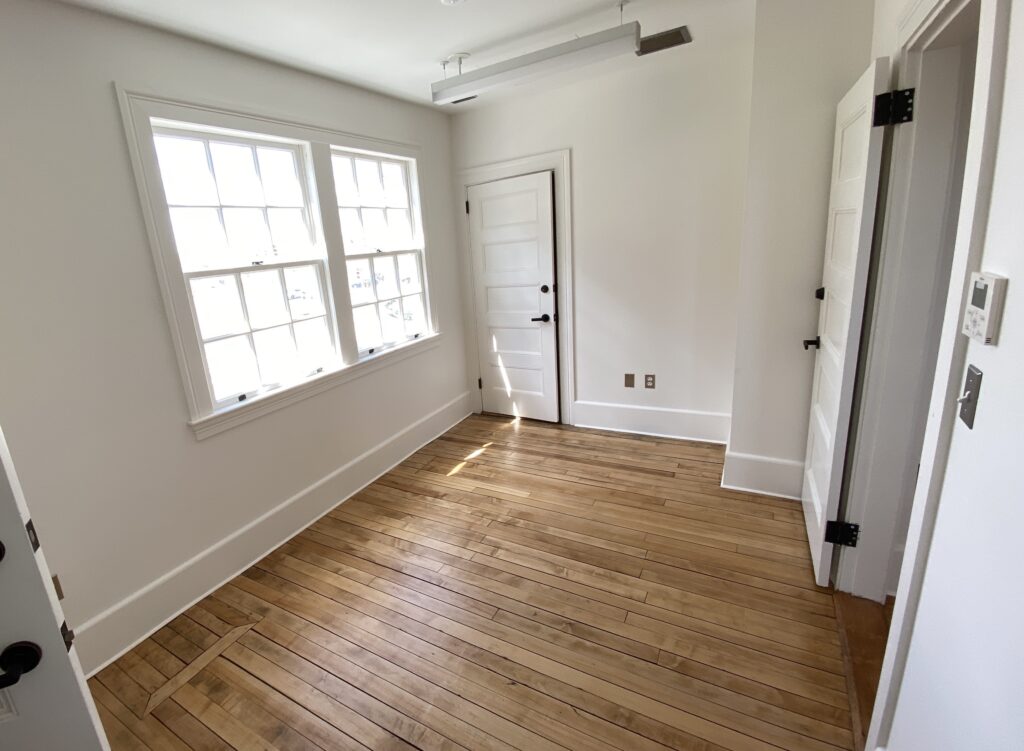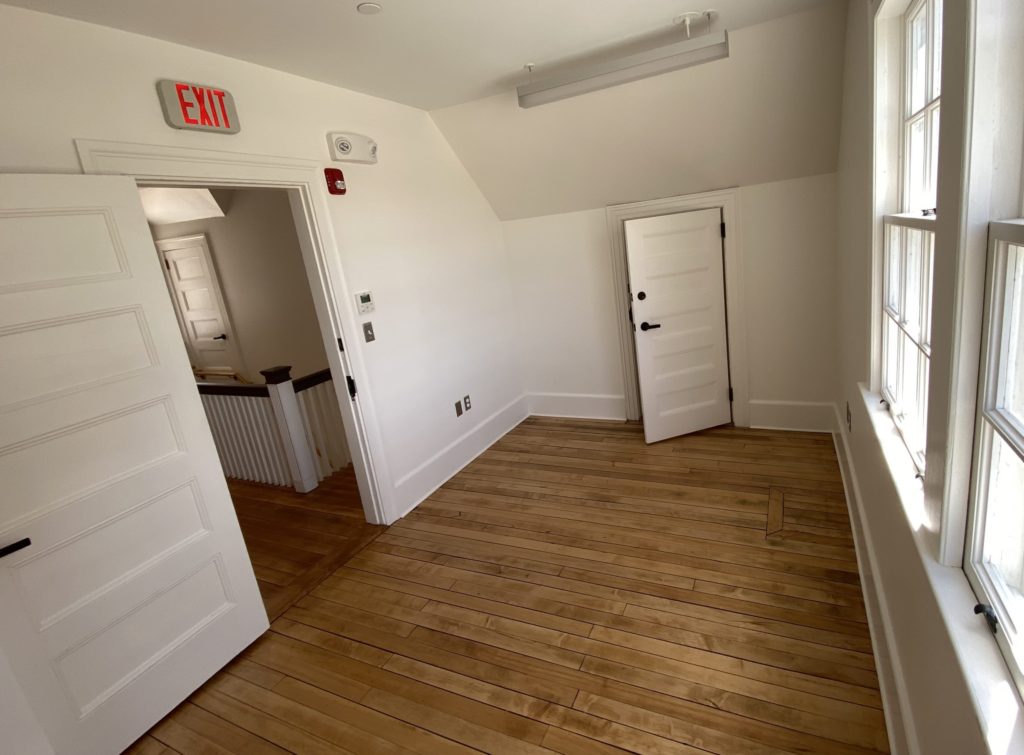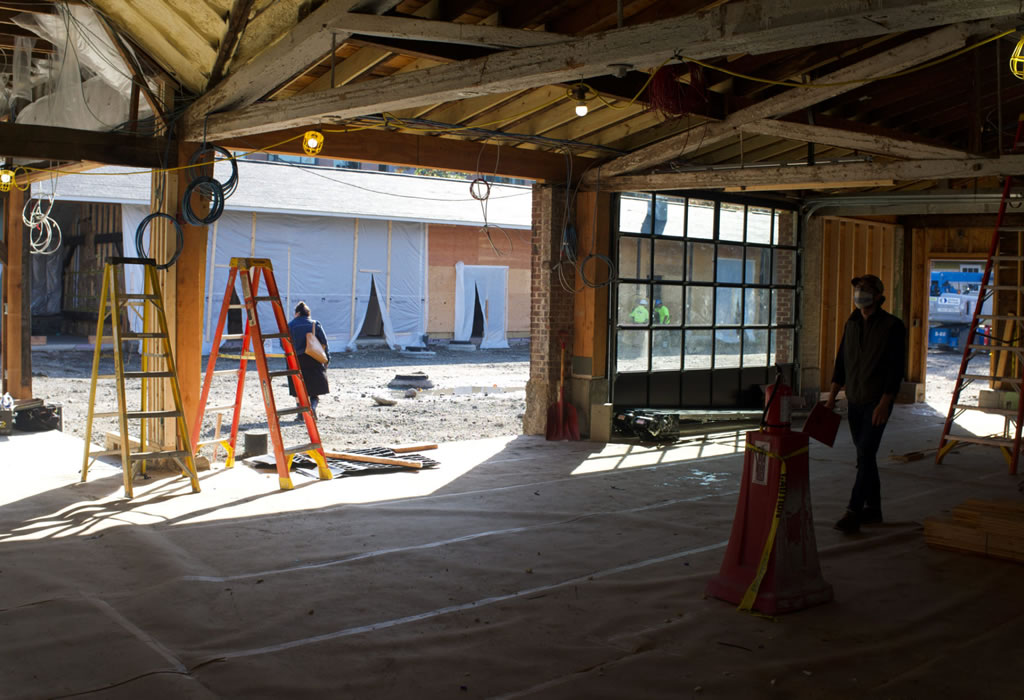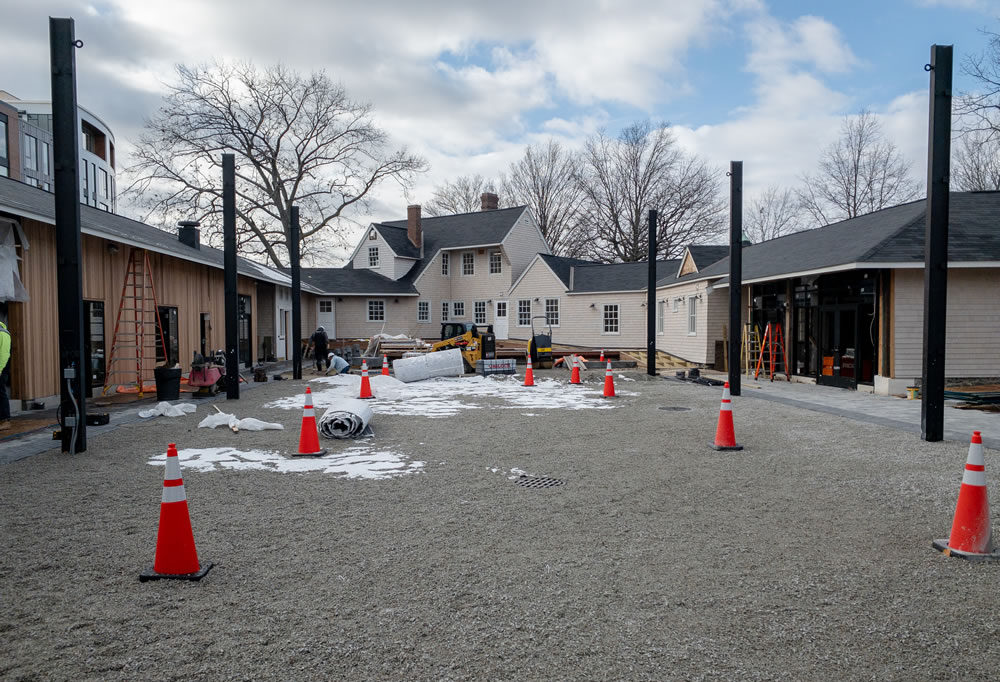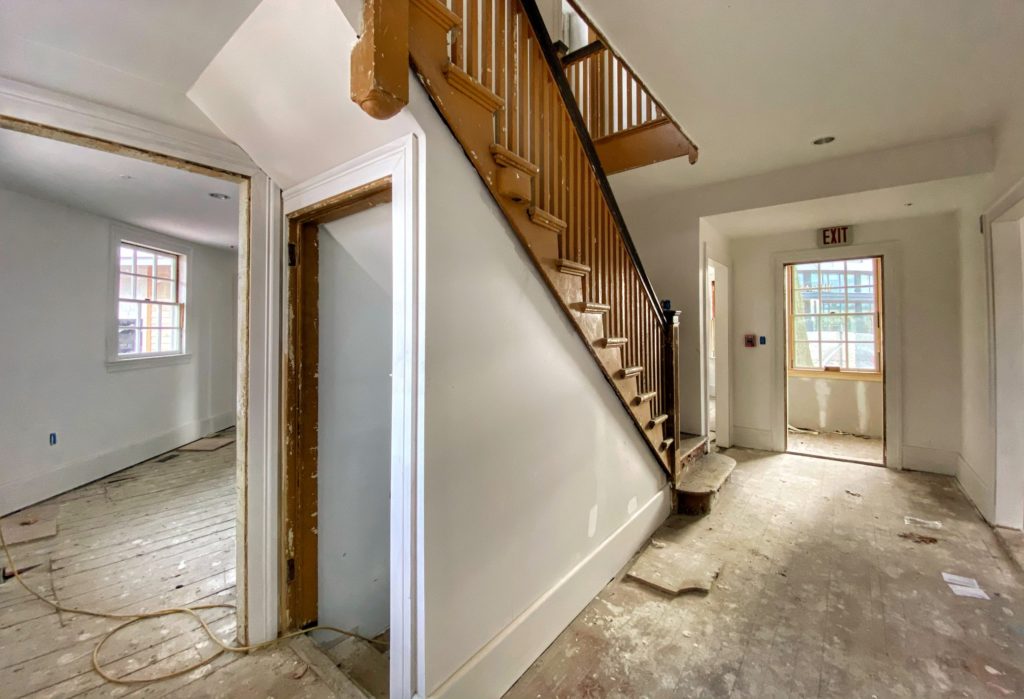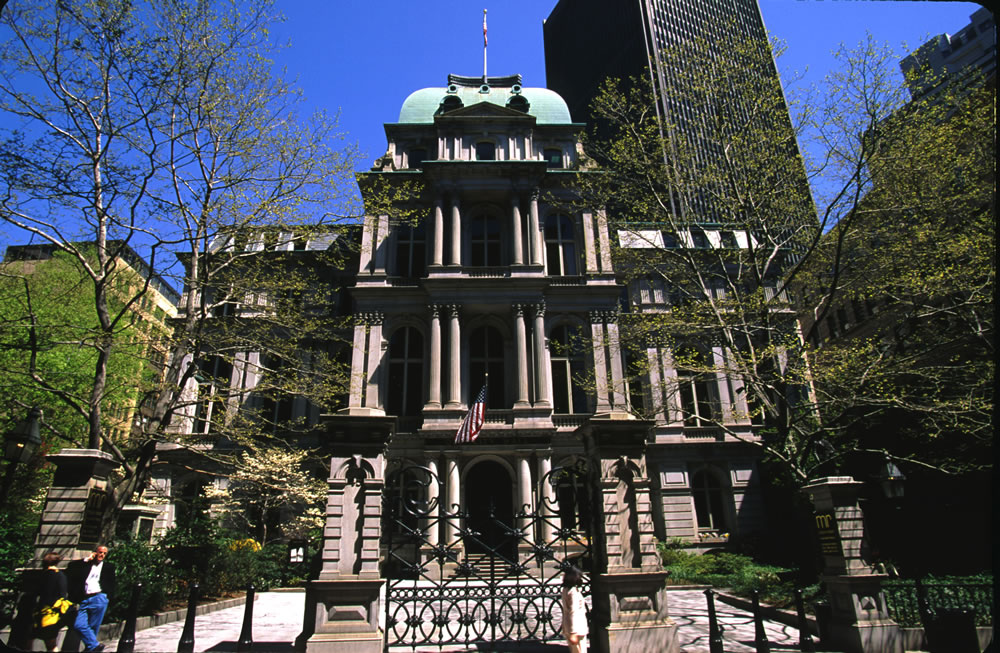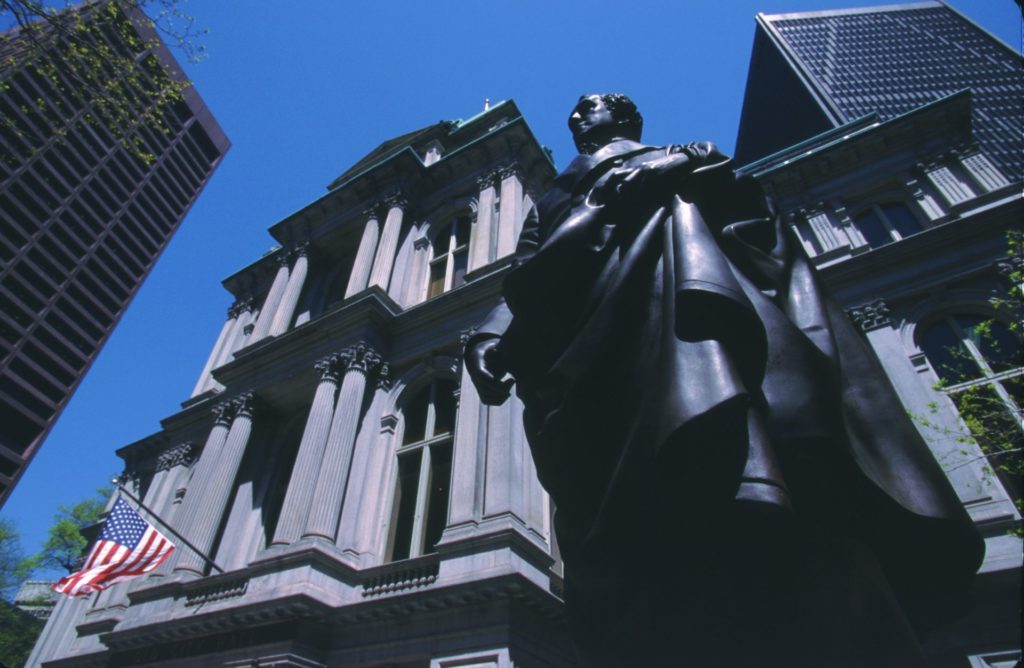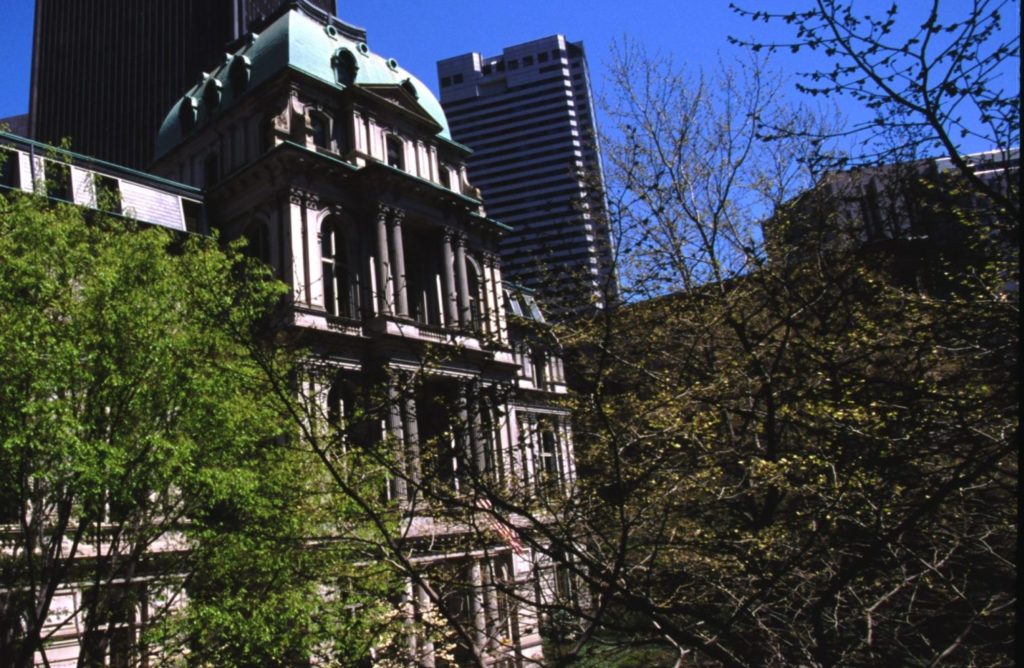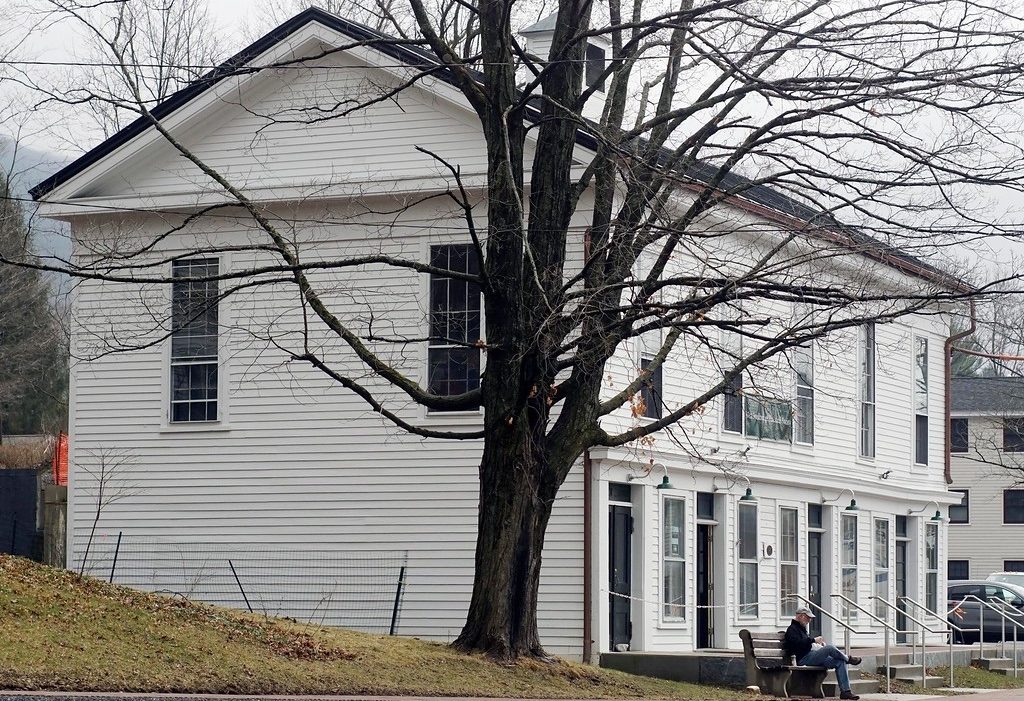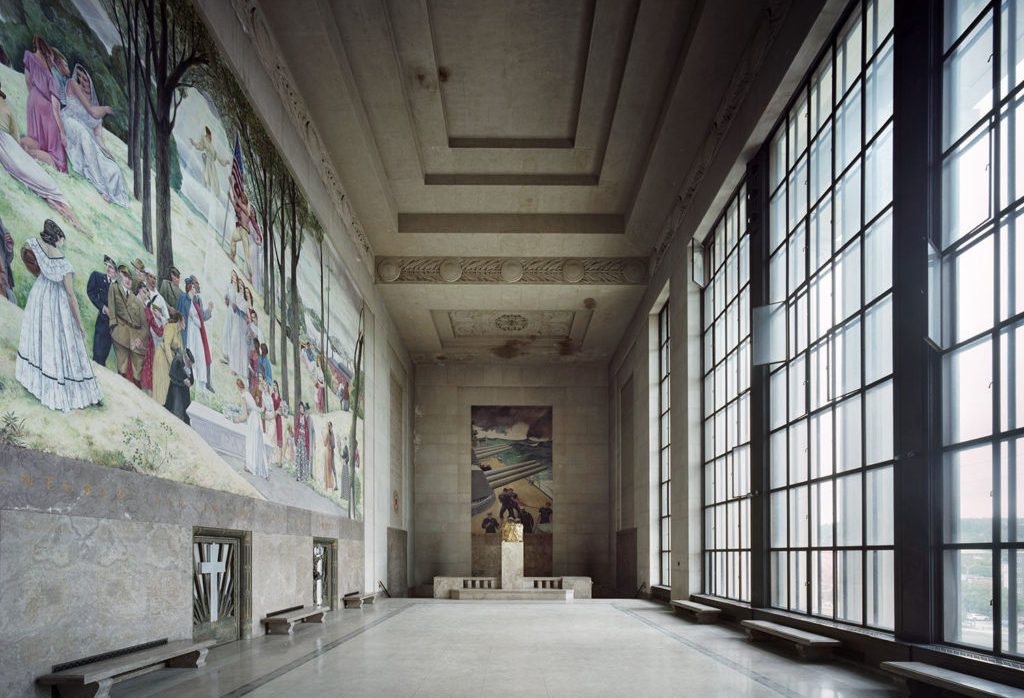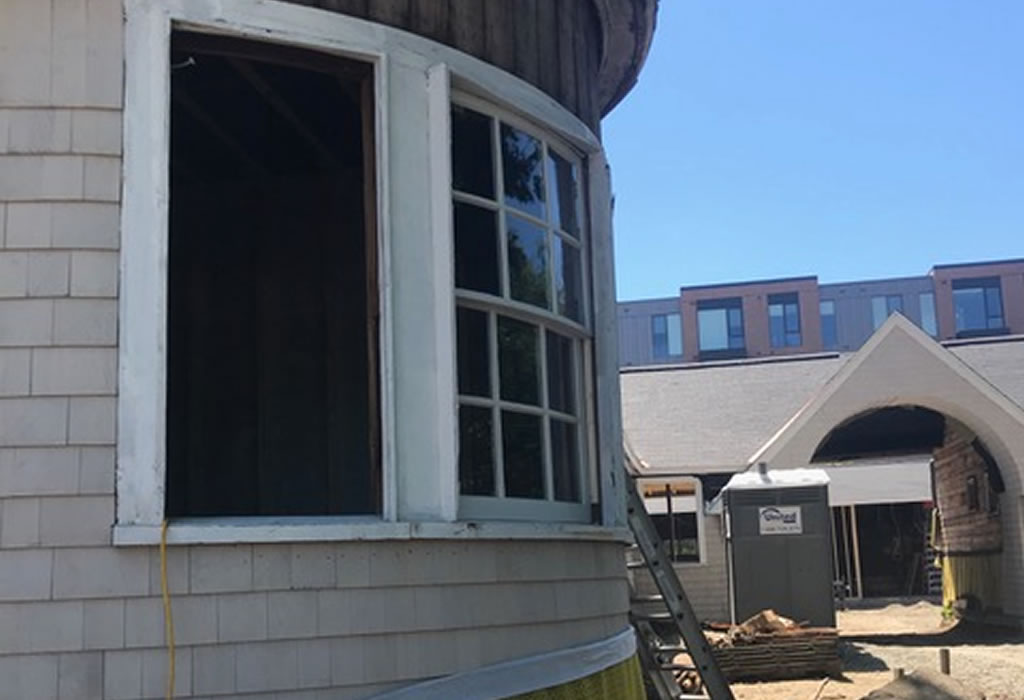Speedway Progress Update: November 2021

As we prepare for our first holiday season at The Speedway, we realized that so much has happened since we shared our last project update here. Though it can often feel like progress is happening at a snail’s pace, in truth, SO much has happened in a few short months.
Here are a few key highlights:
First, we completed our move from Old City Hall to our new, beautiful office space here at the Speedway. We are thrilled to be part of this community in Brighton!
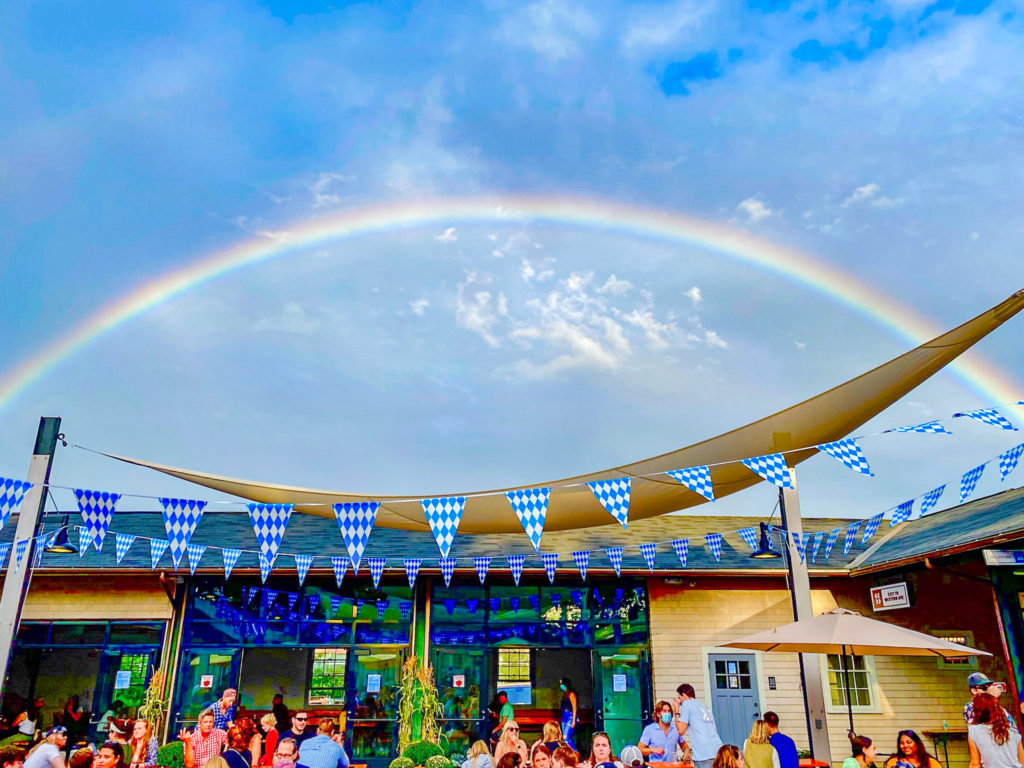
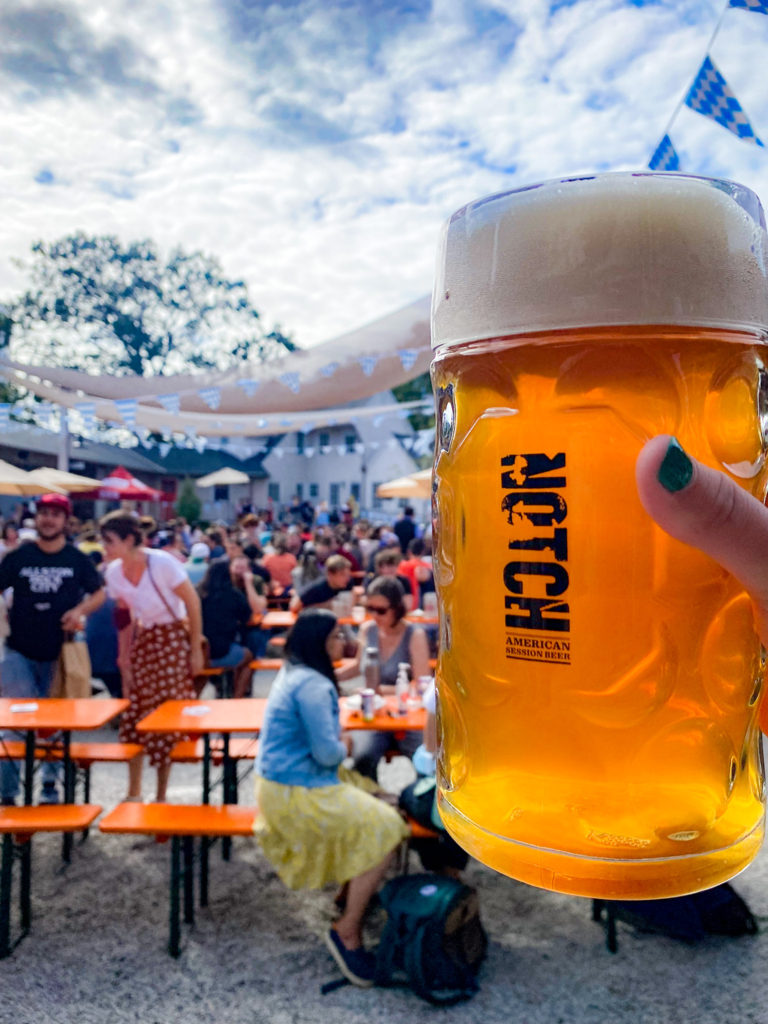
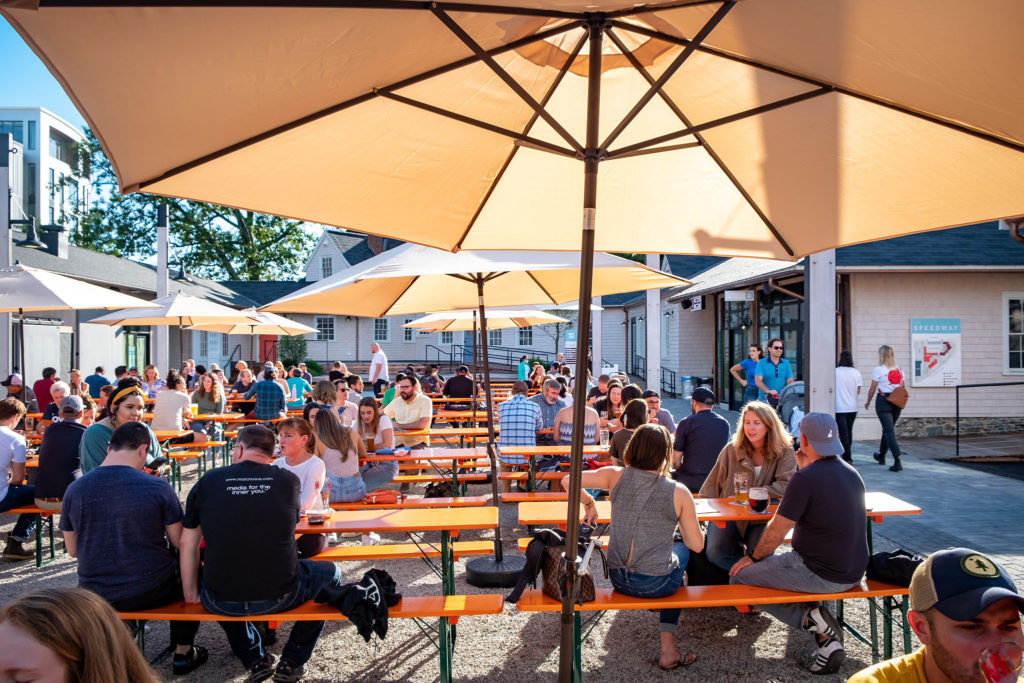

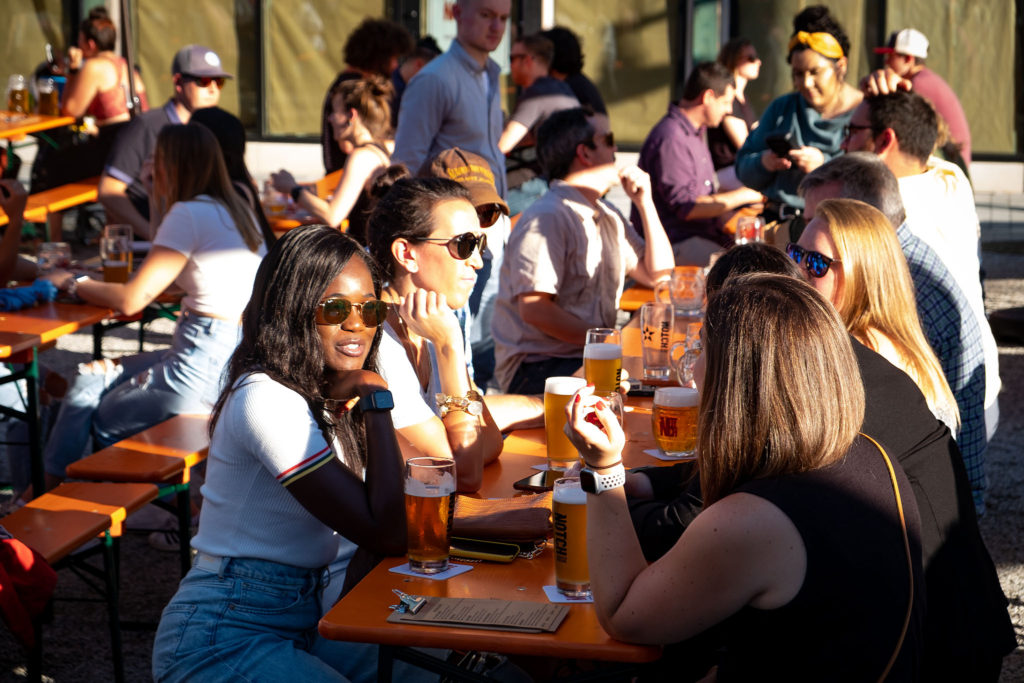
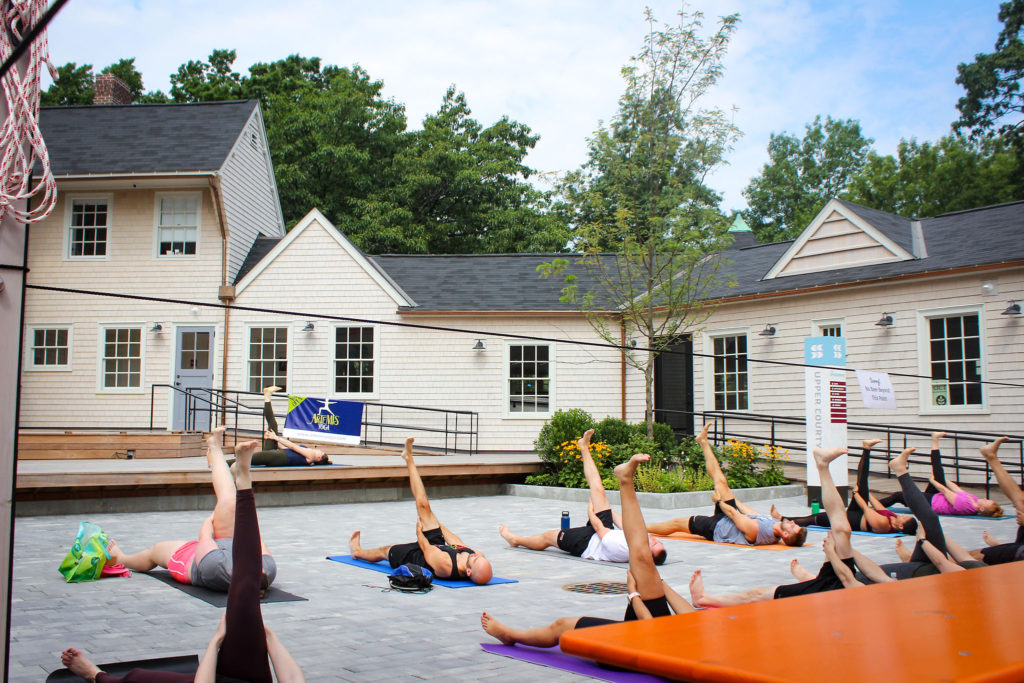
Next up: this summer, in the middle of a heat wave, Notch Brewing threw open their doors to the beer-loving public. The Upper Courtyard was transformed into a biergarten with tables and shade sails. (We are thankful that we had plans in place to make the courtyard a comfortable place, no matter the season.) If there’s one thing that we have learned from COVID, our outdoor spaces are incredibly important.
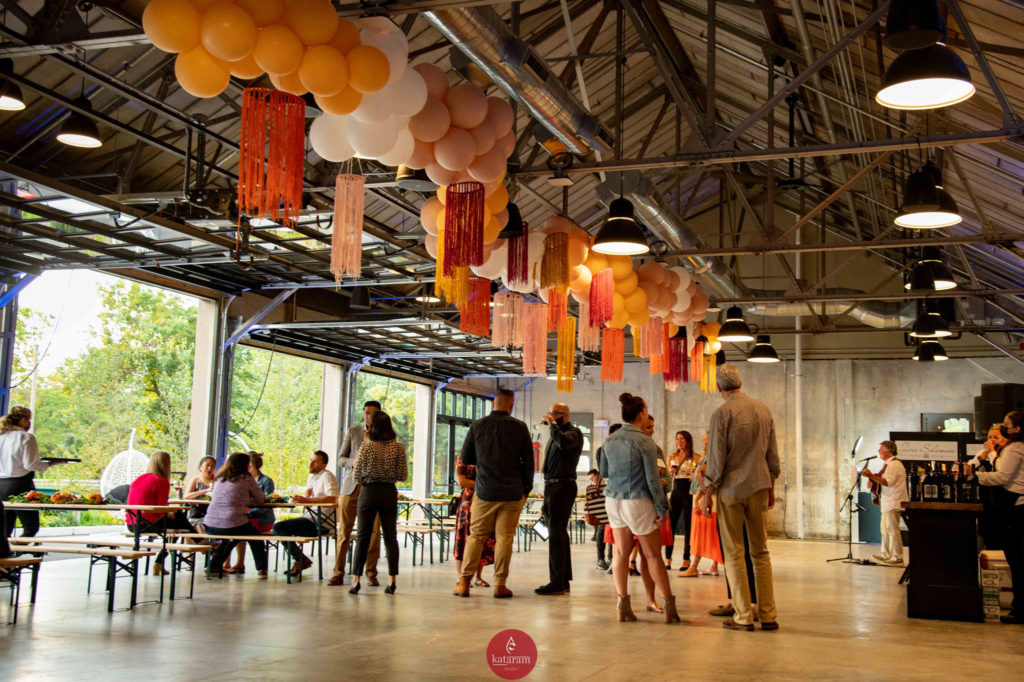
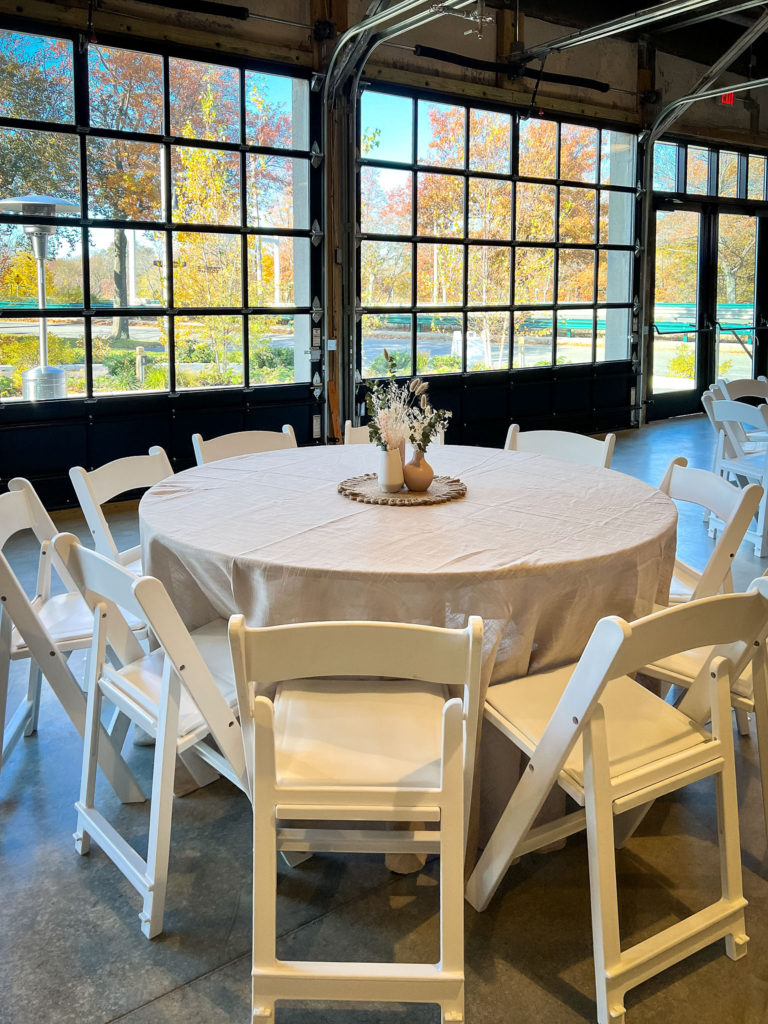
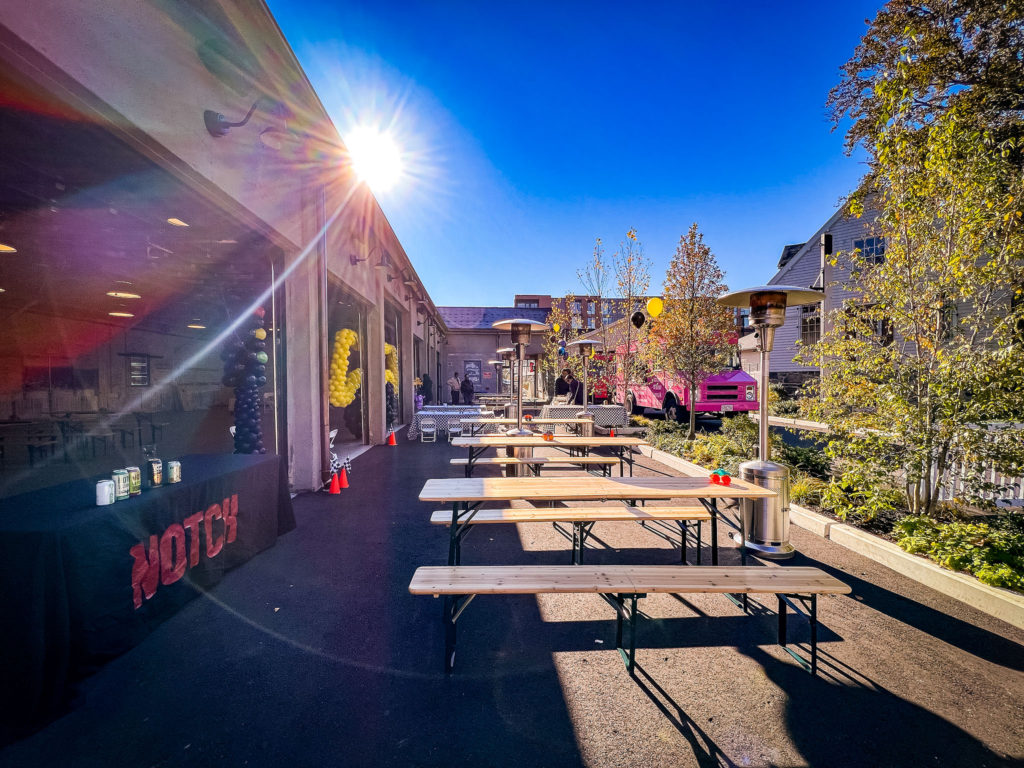
Garage B began its life as an event venue, hosting graduation parties, birthday parties, corporate and industry events, as well as special markets (including the Boston Women’s Market, which will be hosting three markets at Garage B this holiday season starting this weekend on 11/19 – as well as the Small Biz Saturday Market with Notch Brewing on 11/27)
After a months-long application and selection process, we are thrilled to report that we have found tenants for all of our “Shops at the Stables” retail spaces. These six small-scale retail storefronts have always been intended to become home to a collection of unique local businesses, making the Speedway the unique, richly layered destination that we set out to create from day one. We are so thankful to our leasing partners, Graffito SP, for their invaluable help making these connections, and we are so excited to welcome the following businesses to the stalls.
- NOW OPEN! The House of Art and Craft, Steysy Clark, a scented candle and aromatherapy shop.
- NOW OPEN! Bellwether Salon, a one-chair hair boutique by veteran stylist Melinda Brandt.
- NOW OPEN! Cambridge Art Association, a satellite gallery and workshop space offering art classes and programs.
- OPENING SOON: The Koji Club, Boston’s first sake bar from sake sommelier Alyssa Mikiko DiPasquale.
- OPENING SOON: Hummus v’Hummus, a new “hummuseria” from Chef Avi Shemtov.
- OPENING 2022: Tipping Cow Ice Cream, run by David Lindsey and Gerly Adrien.
- OPENING 2022: Notch Provisions, a new culinary concept from the Notch Brewery team, featuring beer-friendly takeout options and merchandise.
- OPENING 2022: Super Bien, a Latin American–inspired “grocery bar” concept from Melissa Stefanini, founder of Buenas.
We also welcomed two non-profit organizations – the Friends of Herter Park and the Fishing Academy – to the Speedway’s dedicated nonprofit office space. One of the key goals for the Speedway is to help facilitate the reconnection of the community to the broad recreational amenities of the Charles River, so we are particularly enthusiastic about the missions of the Friends of Herter Park and the Fishing Academy.
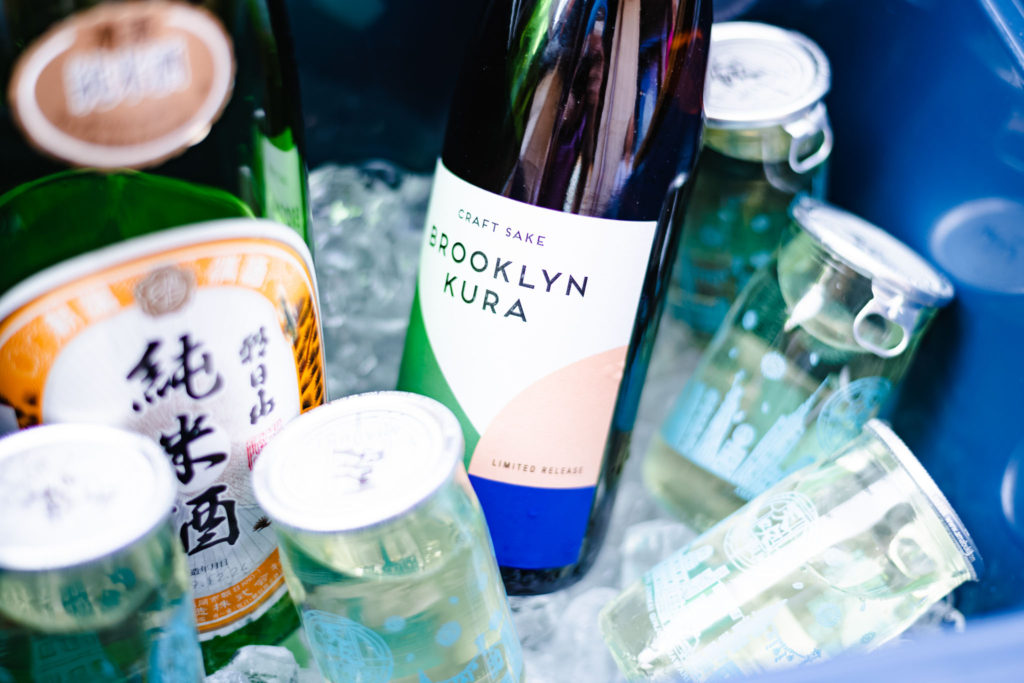
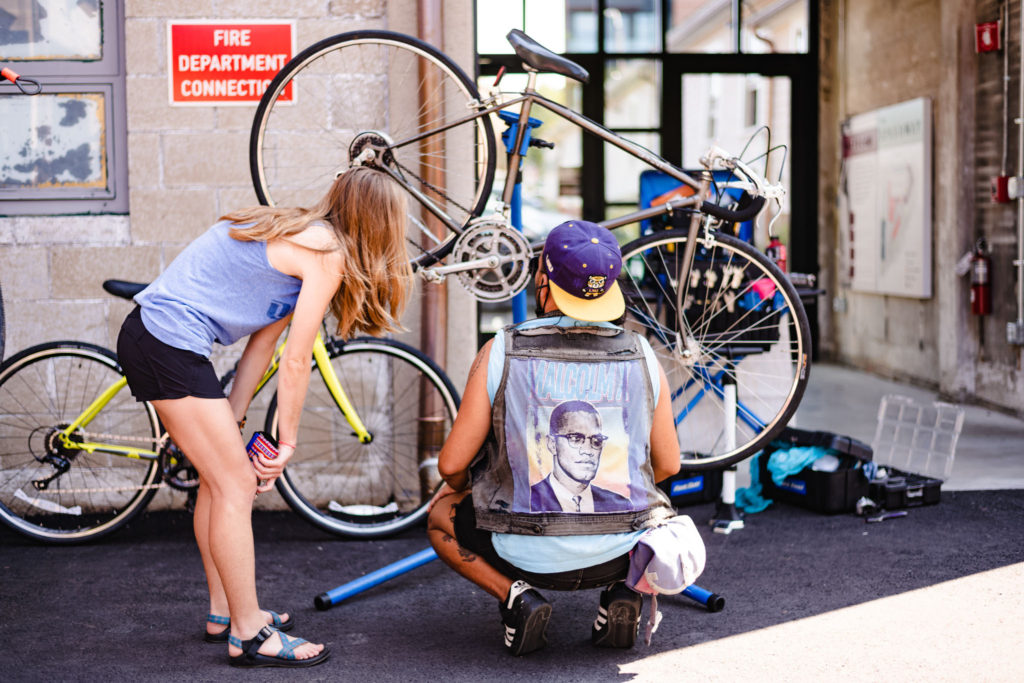
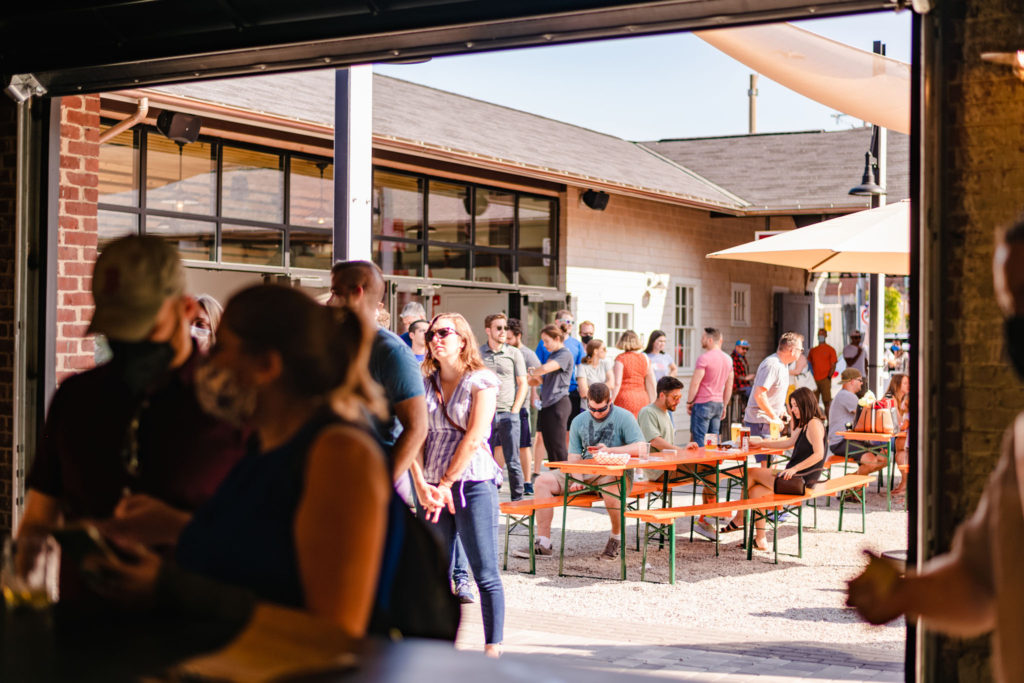
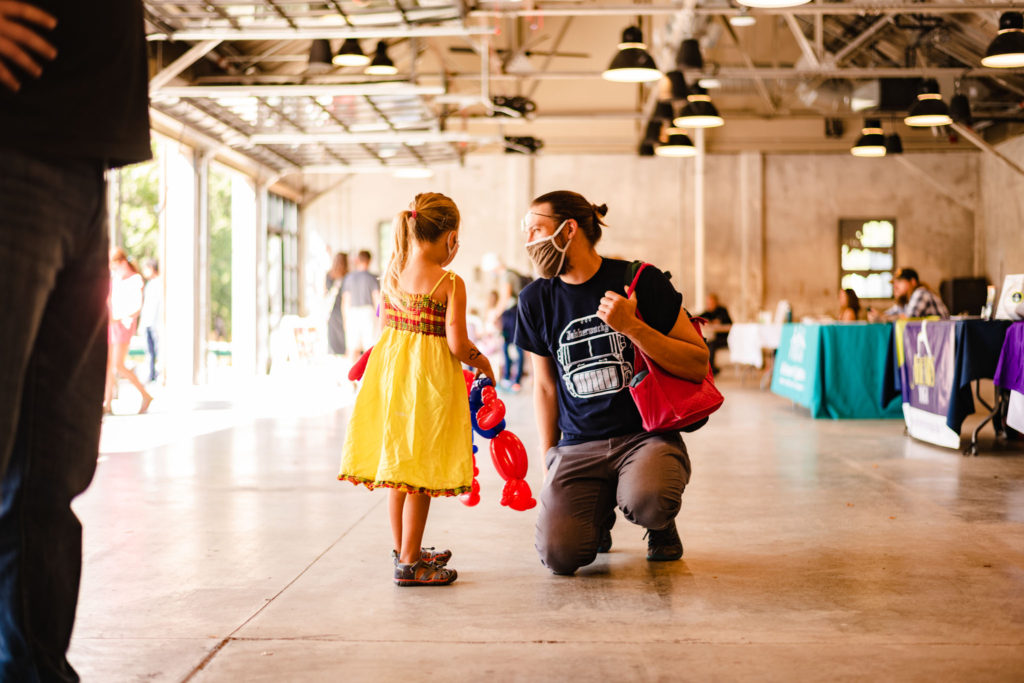
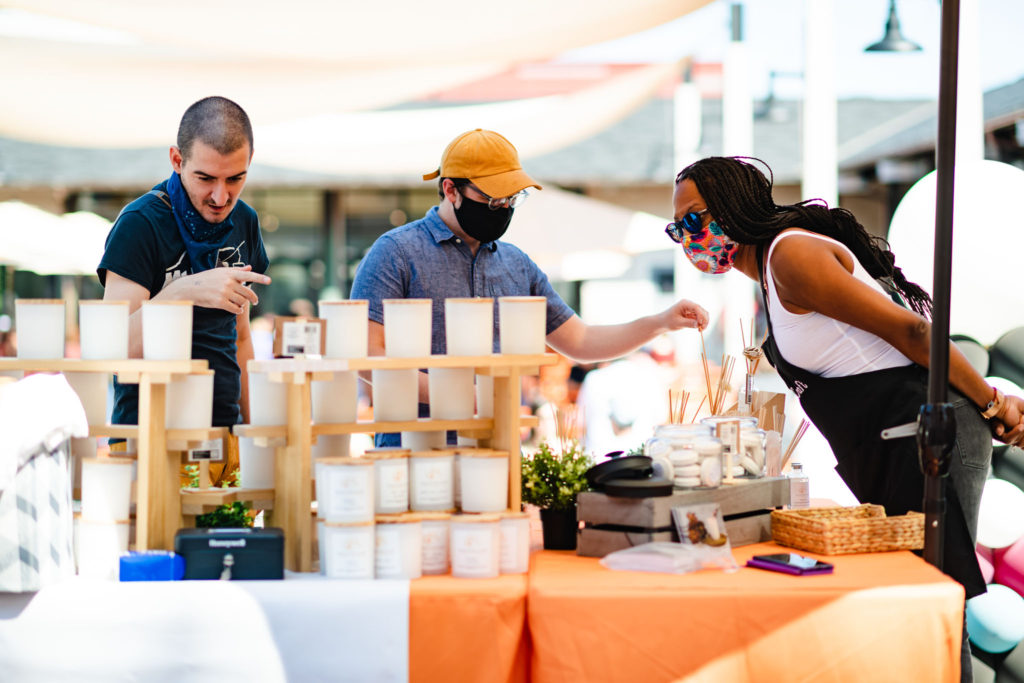

After a busy summer, we kicked things off with our first annual Labor Day Block Party at The Speedway, with live music, lawn games, and plenty of beer. Our tenants showed off their specialties and it felt SO good to welcome the world through The Speedway gates. A few weeks later, we welcomed many of our project partners to celebrate the official completion of the construction with a ribbon cutting ceremony in Garage B.
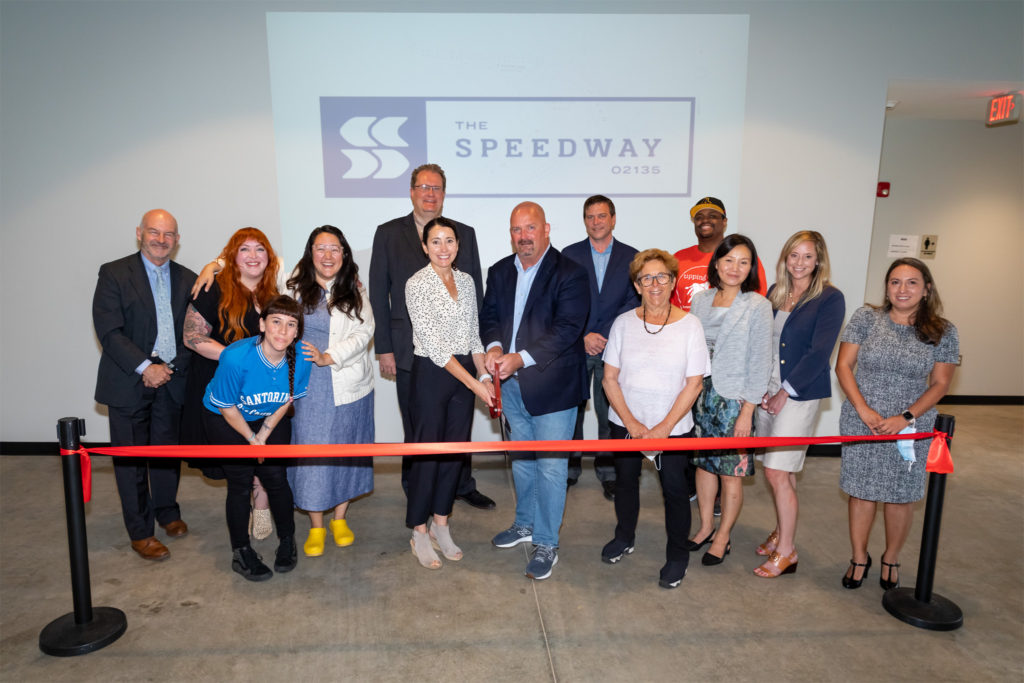
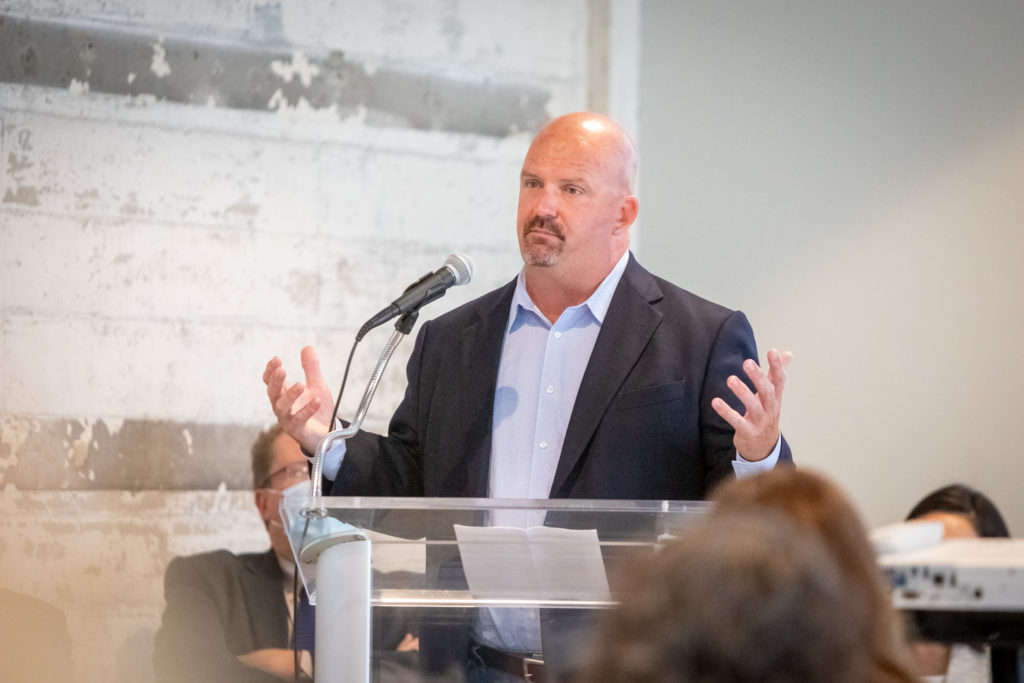
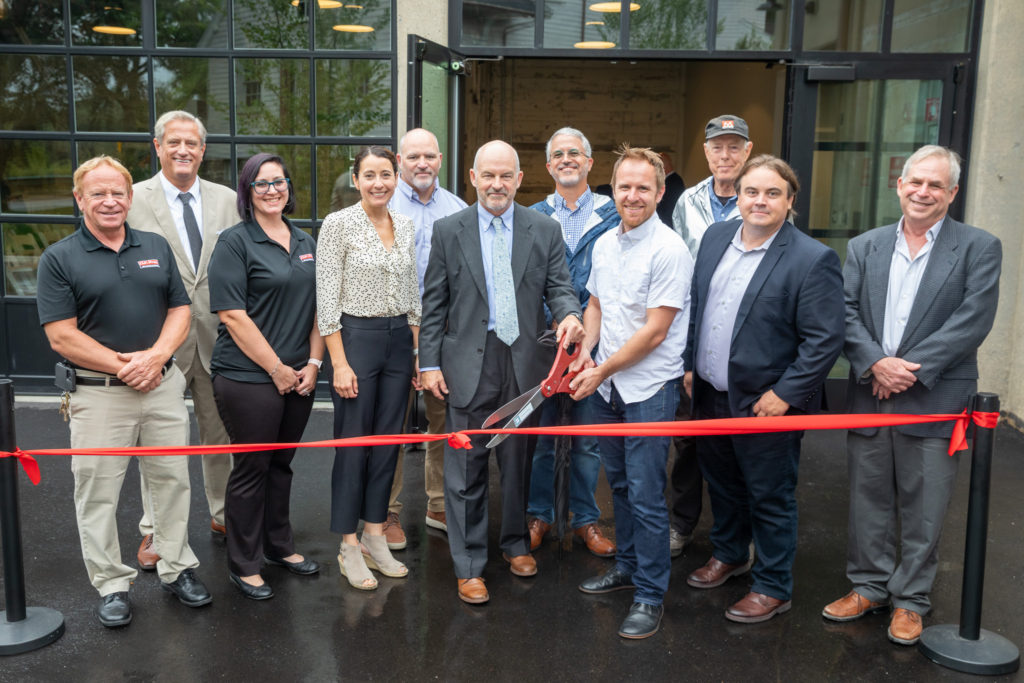
Rounding things out, we were so pleased to have the opportunity to talk about The Speedway as a historic preservation case study with Preservation Mass earlier this fall. AHF’s Kara Anderson and DCR’s Kevin Allen presented an in-depth look at the project, which can be viewed in whole here. We are hopeful that some of the lessons we learned over the course of the past few years prove to be useful to others seeking to take on a complex project of their own.
Last but not least, we are thrilled to share that the New England Real Estate Journal recognized the Charles River Speedway as their October project of the month, and we congratulate our partners at D.F. Pray and Bruner/Cott for this recognition.
There is so much more to come as we near the end of 2021 – but for now, we are feeling immensely grateful for all of our partners, tenants, and friends here at The Speedway. To progress! To preservation! To making things work and getting things done!
Architectural Heritage Foundation is a 501(c)3 dedicated to stimulating economic development in disinvested communities through historic preservation. Follow AHF and its projects on Facebook, Twitter, Instagram, and LinkedIn.
Learn more about the Charles River Speedway revitalization project.
